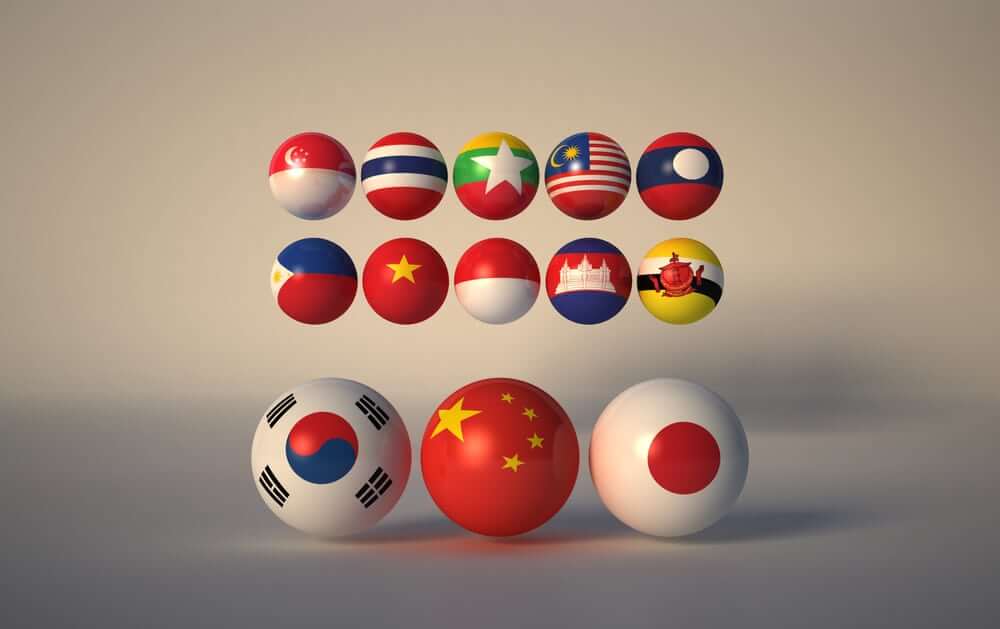
US Excluded from the World’s Largest Trade Agreement
This weekend, the creation of the Regional Comprehensive Economic Association faced completion. The RCEP is the largest free trade agreement representing a third of the global economy. It will include a potential market of 2.3 billion people, but will exclude the United States.
The protectionist agenda of Donald Trump, and the more immediate challenges that Joe Biden will face, suggest that the next administration will not make any attempt to gain a secure position in this initiative.
According to Johanna Chu, an economist, the president-elect of the US faces national challenges. Covid-19 cases are surging. Meanwhile, the fiscal stimulus agenda remains incomplete. The country has a strong bipartisan leaning against China. On the other hand, there is skepticism of free trade among Democrats. Chu does not expect the resumption of trade negotiations.
Chu highlights how the signing of the RCEP represents a diplomatic victory for China, who faced exclusion from the Trans-Pacific Partnership. It also puts an end to the idea that Beijing would pursue a nationalist trade policy in the wake of the pandemic. At the same time, it highlights how East Asia recognizes the economic benefits of deeper trade integration.
Shaun Roache, the Asia-Pacific chief economist at S&P Global Ratings, explains that while the RCEP is shallow, at least compared to the TPP, it is broad. It encompasses many economies as well as products, and this is a rarity in these relatively protectionist times.
The treaty will activate the economy and accelerate the recovery after the impact of Covid-19
Another notable absence in this trade agreement is India. The country disengaged itself from the negotiations last year to avoid being inundated with cheap goods from China.
The RCEP began negotiations in 2012 as an ASEAN initiative with countries which already had free trade treaties. They include Australia, China, South Korea, Japan, and New Zealand.
Some experts believe that the treaty will enable the economy to be activated. Thus, accelerating the recovery after the impact of Covid-19 in the region. However, some non-governmental organizations have criticized the RCEP for giving priority to the interests of multinationals and leaving small producers unprotected, mainly in the agricultural sector.
In light of the pandemic and with an eye toward economic recovery, the president-elect of the United States, who will take office on January 20, participated on Monday in a conference call with union leaders and CEOs of technology firms. Joe Biden admitted that the country is in a pretty dark hole from the pandemic. He heard the opinions on how to ensure the safety of workers and small businesses. He also stressed that the recovery must be based on a more sustainable and effective reconstruction of the US economy.
-
Support
-
Platform
-
Spread
-
Trading Instrument




